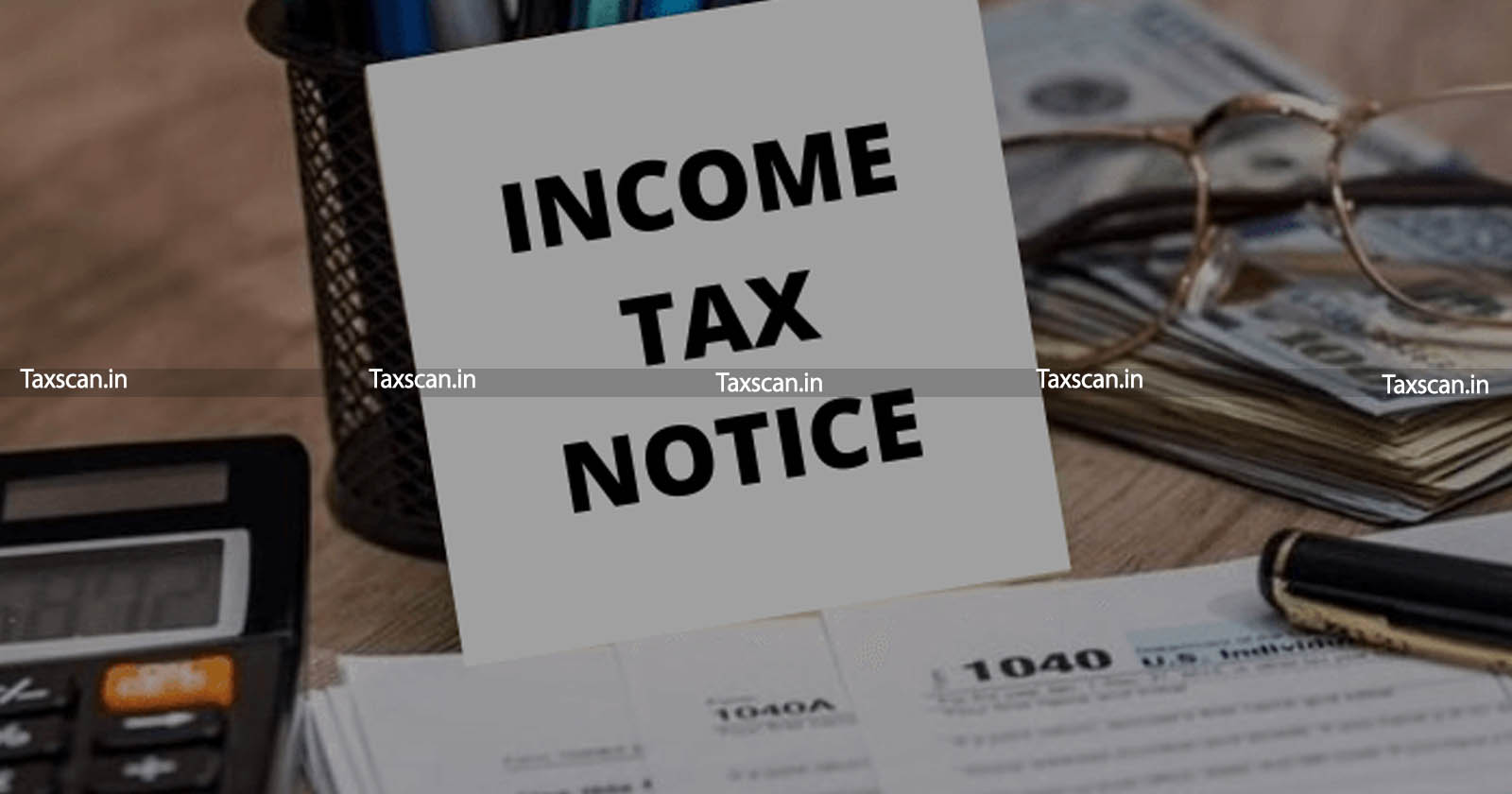Salaried Employees receive Income Tax Notice seeking Evidence for Deduction Claims in AYs 2021-22, 2022-23 and 2023-24
Salaried Employees receive Income Tax Notices asking for evidence of deductions claimed in previous Financial Years

The Income Tax Department has started issuance of Income Tax Notices seeking evidence in support of deductions claimed in Assessment Years 2021-22, 2022-23 and 2023-2024.
Provisions for issuance of Notices under Income Tax Act, 1961:
Communication under section 143(1) - This notification is issued subsequent to the filing and processing of the Income Tax Return ( ITR ). It serves as a means for the income tax department to convey the calculated tax amount to the taxpayer. This notice may be issued if there is any outstanding tax liability or if a refund is due.
Notification under section 142(1) - This notice is issued in two scenarios:
1. When the taxpayer has already filed the return, and the income tax officer requires additional information and documents.
2. If the taxpayer has not filed the ITR, but the income tax officer instructs them to do so. Non-compliance with this notice may result in a penalty of up to Rs. 10,000 and imprisonment for up to 1 year.
Notification under section 148 - If the income tax officer has evidence or a reasonable belief that the taxpayer has incorrectly disclosed income or paid insufficient taxes, an income escaping notice under section 148 may be issued.
Notification under section 139(9) - In case of errors or discrepancies in the taxpayer's filed return, the tax department may issue this notice, also referred to as a defective return notice. Upon receiving this notice, the taxpayer must file a revised return addressing the mentioned issues within 15 days.
Notification under section 143(2) - This notice informs the taxpayer that their return has been selected for scrutiny or a detailed assessment. The purpose is to verify that the taxpayer has not understated income, paid insufficient taxes, or claimed excessive losses.
Demand Notice under section 156 - If the taxpayer owes any amount, such as tax liability, fees, penalty, or fine to the income tax department, a notice under section 156 may be issued. The taxpayer is required to pay the specified amount within 30 days of receiving the notice.
Notification under section 245 - If the income tax department believes that previous years' taxes remain unpaid and seeks to offset that demand with the current year's refund, a notice under section 245 may be issued. Responding within 30 days is crucial, as failure to do so may be construed as consent, allowing the income tax officer to make the necessary adjustments.
Salaried employees may receive an income tax notice for various reasons, such as:
1. Income Discrepancies: If the income reported by you differs from that reported by your employer or other sources, tax authorities may issue a notice for clarification.
2. Unreported Income: Neglecting to report all income sources, like rental or freelance earnings, can result in a notice for underreporting. This includes income from unconventional sources such as social media or side jobs.
3. Incorrect Deductions: Claims for unsupported deductions or exemptions may prompt a notice, especially if the income tax department identifies fake deductions. For instance, using counterfeit rent receipts for HRA exemption can attract attention.
4. High-Value Transactions: Unusual transactions like significant cash deposits, property acquisitions, or investments may trigger a notice as tax authorities verify the legitimacy of such activities.
5. Mismatch with Form 26AS: Discrepancies between your income tax return and the data in Form 26AS, a consolidated statement of tax-related transactions linked to your PAN, may lead to a notice.
6. Non-Filing or Late Filing: Failure to file your income tax return or delayed filing can result in a notice seeking an explanation for the delay.
7. Random Scrutiny: Some returns undergo random detailed scrutiny to ensure compliance and accuracy.
8. Foreign Income and Assets: Failure to disclose foreign income, assets, or financial interests as required by tax regulations may trigger a notice.
9. Non-Disclosure of Gifts or Loans: Failing to report gifts or loans, especially those surpassing a specified threshold, could lead to a notice.
To avoid penalties and notices, follow these guidelines:
1. Timely and Accurate Filing: Submit your tax return before the deadline. If unable to meet the deadline, consider filing a belated return promptly to prevent unnecessary penalties and notices.
2. Verify Form 26AS: Cross-check the information in your Income Tax Return (ITR) with the details in Form 26AS, as discrepancies can be a primary reason for receiving income tax notices.
3. Maintain Comprehensive Financial Records: Keep well-organized records of all financial transactions, including income, expenses, and supporting documentation. This preparation will help substantiate your claims in case of an audit.
4. Seek Professional Advice: If your tax situation is complex, consider consulting a tax expert, such as a chartered accountant, for accurate filing.
5. Prompt Response: If you receive notices or communications from tax authorities, respond promptly and adhere to their instructions. Ignoring such communications may result in more severe penalties.
6. Comprehensive Income Reporting: Ensure thorough reporting of income from all sources, without overlooking any significant earnings.
7. Document Deductions: Retain documentary proof for all claimed deductions and exemptions. The Income Tax Department may request these documents to validate the legitimacy of your claims.
You can Compute Your Salary with our Simplified Handbook. Grab Your Copy here.
Support our journalism by subscribing to Taxscan premium. Follow us on Telegram for quick updates


